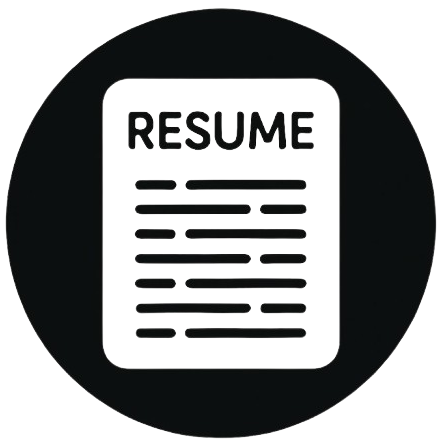We gather—though distanced—in various settings, and what I hear often astonishes me. Some parents speak proudly of the progress their children have made thanks to a private tutor, whether at home or online. Others are still searching for tutors because they cannot understand how to use the platform of distance learning. And I ask myself, shocked:
Excuse me—are we not living in the age of e-learning and distance education? What need is there for a private tutor? Is the teacher who attends school, exposing himself to the risk of infection in order to teach your children online, not enough? If there is already a private online tutor—and some who even come to your home—then why the teacher? Why the school at all?
The mistakes of the past persist. Despite advances in education, the private tutor is not only present, but more entrenched than before. What we truly need is a “hacker” to break into our educational mindset at home and reprogram it from the ground up.
Enough belittling of e-learning. We must first instill the very idea of online education in parents’ minds before their children’s. For parents are the decisive influence; they shape their children’s perception of learning. They must teach their children that e-learning and distance education are not temporary fixes, but a way of life—something to embrace, to struggle with, and to master, until they themselves become active participants in the digital society.
The Ministry of Education bears responsibility here. It must combat the phenomenon of private tutoring, whether in homes or online. There must be electronic oversight and accountability placed upon parents as well. Above all, the Ministry must lead efforts to raise awareness and shift societal thinking. Conviction is the key to change. Without conviction in the value of e-learning as an effective, impactful mode of education—indeed, as the most suitable form of learning in this technological era—we will never achieve the true goals of education.
Let us reflect honestly. Private tutoring feeds no one; it merely consumes our family budgets and adds heavy burdens on households—especially where several children all require tutors. Its harms are not only financial. Tutors can influence the very thinking and behavior of our children, sometimes in damaging ways. Worse, harmful acts may occur under our very noses, while we remain unaware. Here lies the potential catastrophe for families.
Instead, we must encourage parents to take responsibility themselves: to monitor their children during online lessons, to motivate them by every means possible, to assure them that modern education is better, and to keep them from sliding into negative attitudes toward e-learning. For this is the best—indeed, the only—option available under global circumstances. And even beyond Corona, it is the right path forward.
It is time to cast aside the old habits of private tutoring. Let us motivate one another to persist in this distinctive model of education. And here, too, the media must play its part—remaining present and persistent in combating this destructive phenomenon.



